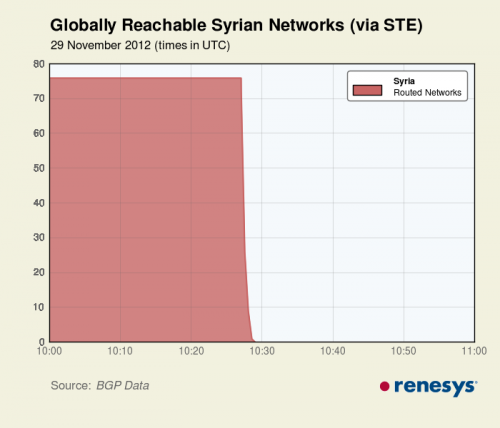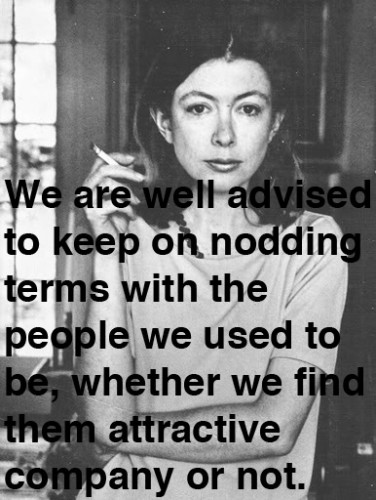
Brad Pitt’s latest movie, which opens today, is being described as an attack on capitalism, at least as it’s currently practiced in America.
When “Killing Them Softly” premiered at Cannes last spring, an article in the Los Angeles Times called it a “post-Occupy” film and “what the documentary ‘Inside Job’ might look like if it was a fictional feature.”
“Inside Job,” you may recall, is director Charles Ferguson’s Oscar-winning examination of how Wall Street speculation and duplicity led to our current economic crisis. The action in “Killing Them Softly” takes place during the stock and housing market crashes that got the current crisis rolling; visible in the background are clips of presidential candidates Obama and McCain making promises (still unfulfilled) of economic reform. Director Andrew Dominik’s underlying theme, according to the Times, “is that U.S. capitalism is deeply flawed, and that government, whether Democrat or Republican, has let down its people.” more...








